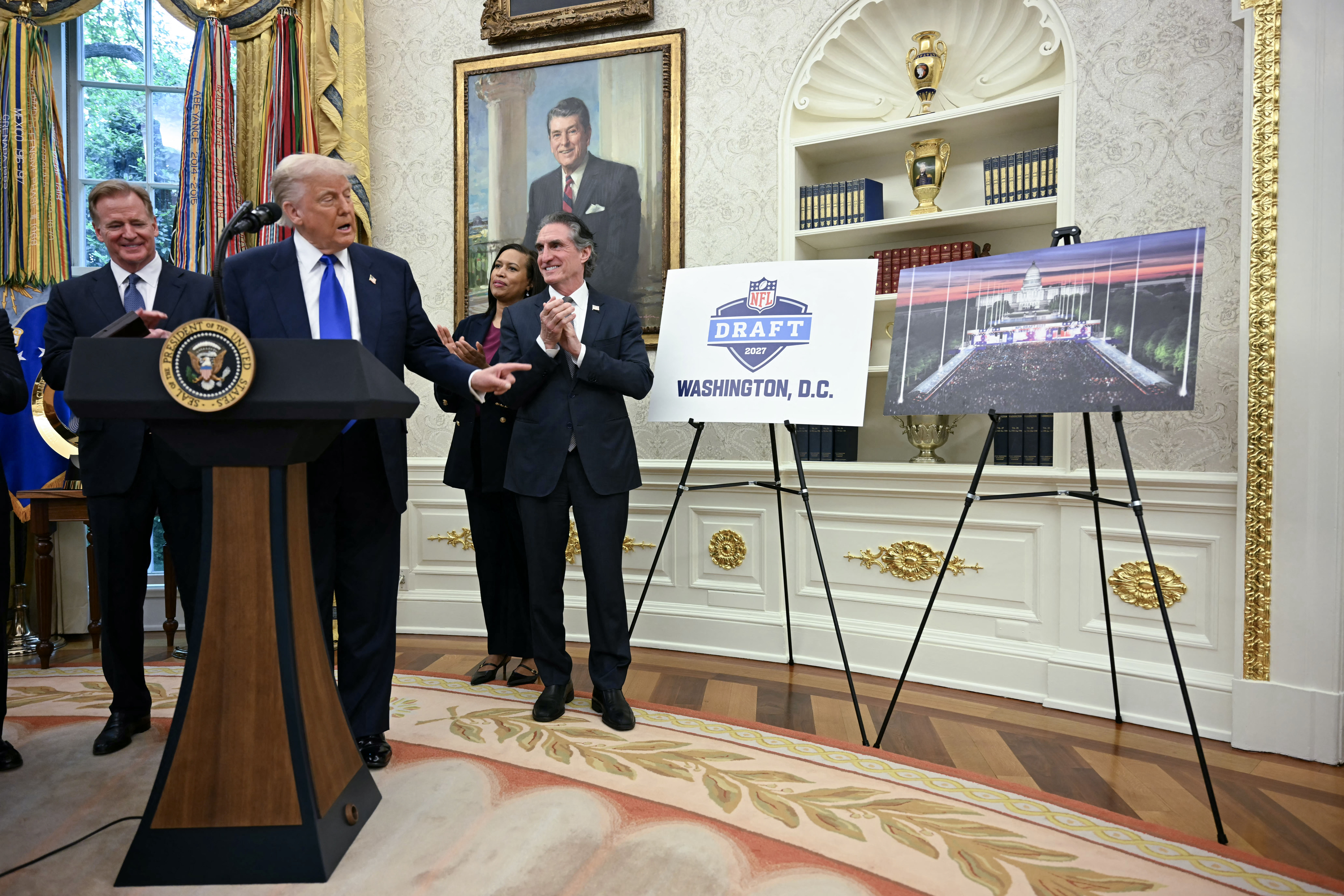
In 2021, a trio of zebras ran loose for weeks around the Croom section of Upper Marlboro, Maryland. And while zebra sightings in Prince George’s County were unusual and novel, it took a dark turn when it was later discovered that one of the zebras was caught in an illegal trap and died.
When a second zebra was found dead on the property owned by 78-year-old Jerry Holly, he was charged with three misdemeanor counts of animal cruelty. But in a brief bench trial Wednesday that was over shortly after lunch, a judge found Holly not guilty on all three charges.
Whatever the term “animal cruelty” might connote, even prosecutors agreed this wasn’t it. And their witnesses helped solidify that point for the defense.
“The neglect to the animals was allowing them to escape what was their accustomed environment. We don’t allege that the defendant was cruel to them,” said assistant state’s attorney Ed Leyden. “We allege that the defendant put those animals in a position where nature and the society where they found themselves, in a community, was completely alien to them, and put those animals in a very bad position.”
Holly’s lawyer Steven Vinick said that the zebras are not predators like lions, tigers or snakes.
“In fact, zebras are the exact opposite of a predator, there was testimony that zebras … are preyed upon,” Vinick said.
He called the zebras’ escape an “act of God” when the tree fell on the fence, and said that Holly and his employees did everything to get the zebras back. The judge also heard testimonies, including from government witnesses.
“They certainly made my job very easy because, again, every single witness talked about how much care and conscientious responsibility and diligence Mr. Holly gave toward caring for these animals,” said Vinick. “So they made it very, very easy for us to talk about the fact that … he’s the exact opposite of someone who’s going to be cruel or neglectful to animals. He’s the one that cares for them.”
Vinick swiftly won a motion to acquit when the trial returned from a lunch break.
Vinick also argued that the zebras would have been recaptured sooner had a neighbor not been providing food and water while they were on the loose. He also said an illegal trap on someone else’s property was used to kill one escaped zebra. They blamed the death of another zebra, which wasn’t one of the animals that escaped, on a news helicopter filming in the area.
While this appears to end any local legal problems for Holly, his lawyer did acknowledge a federal investigation has been launched by the U.S. Department of Agriculture related to another property Holly owned in Florida. He declined to elaborate on that.
Vinick also said that there are no more zebras on Holly’s Upper Marlboro property, but he declined to say what had happened to them.
“I can tell you with 1,000% certainty that Mr. Holly is out of the exotic animal business and will not be bringing any more exotic animals into the state of Maryland and certainly not into Prince George’s County,” Vinick said.
“Not even a pet turtle,” said Holly as he walked away. It was the only time he would make a comment. “That’s what I pay him for,” he said about Vinick.
In making her ruling, Judge Llamilet Gutierrez said simply having an animal escape is not the same thing as animal cruelty, arguing that’s not what the state legislature intended when it made the law. Under the law, whether it was a zebra or a dog or a lion, there’s no strict liability when it comes to an animal that escapes.
“We disagree in terms of whether it should be criminal,” said Leyden, the assistant state’s attorney. “Our next course of action will be in the legislature.”
Rodney Taylor, who is now a special assistant to the director of the Department of the Environment made a statement outside the court. He had also testified for prosecutors Wednesday morning.
“If you go out and get exotic animals in Prince George’s County, you have to make sure that not only do you take care of them, but they have to stay confined,” said Taylor, who also served as Chief of Animal Services for Prince George’s County. “You have to be able to capture them after they get loose.”
Taylor said that exotic animal owners have a major responsibility to keep those animals confined.








